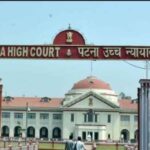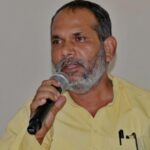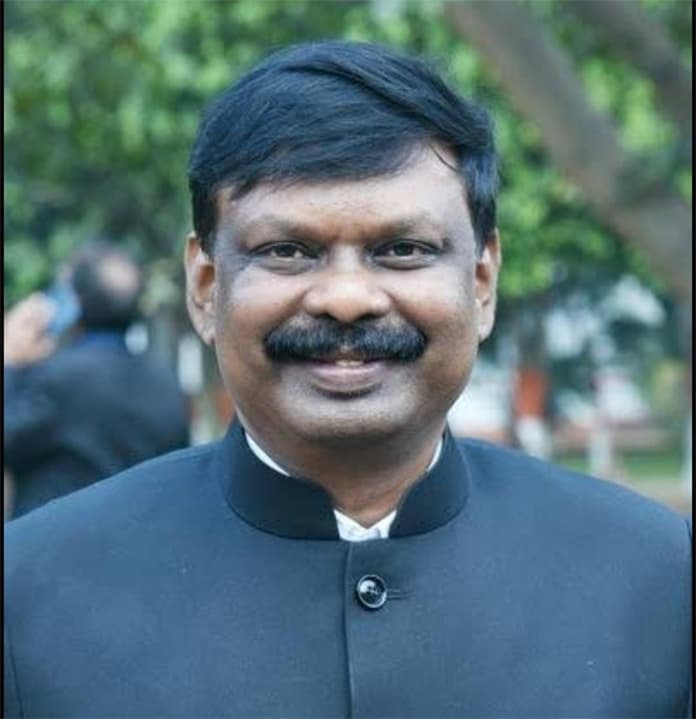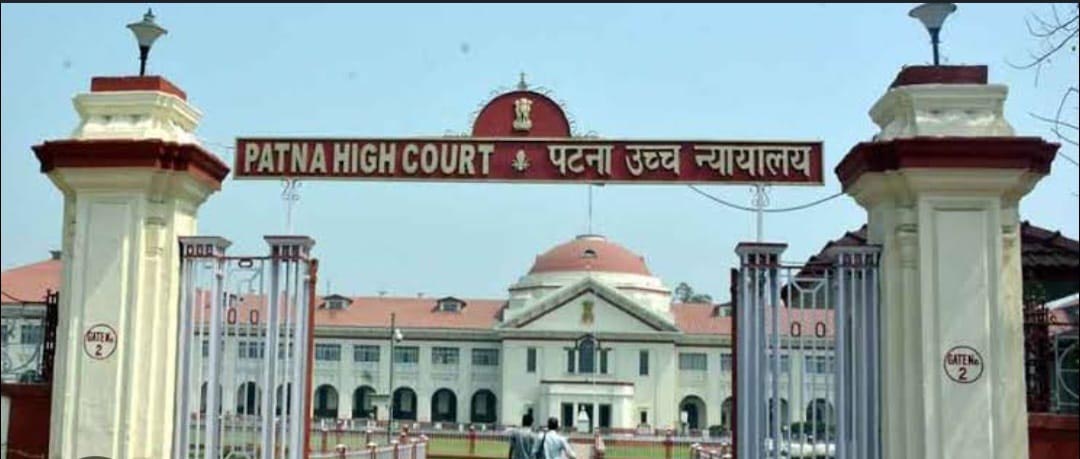Neeraj Kumar
Patna: Additional Chief Secretary (ACS) of the Education Department, Dr. S Siddharth, is actively working to improve the educational system in Bihar. He is issuing new orders daily to ensure progress. On Wednesday, the ACS issued an 8-page guideline to all district education officers, detailing measures to address various issues.
Key directives include the organization of a weekly teacher darbar by Block Education Officers and District Education Officers (DEOs) after school hours every Saturday. These darbars aim to address teachers’ problems, which should be escalated to the state headquarters only if unresolved at the DEO level. This move comes in response to the ACS office receiving about fifty complaints daily due to unresolved issues at the district and block levels.
Dr. S Siddharth emphasized a zero-tolerance policy for teacher attendance, requiring digital or mobile attendance marking. Teachers struggling with teaching skills are to be identified and given special training.
The guidelines also mandate Aadhar seeding for children aged 6 to 16 in government, private schools, and coaching institutes. All institutions must maintain a database of children through Aadhar seeding, providing this data to the education department upon request. If a child is enrolled in both private and government schools, their name should be removed from the government school records.
A mid-term evaluation is scheduled for September-October this year to assess educational standards. The ACS instructed DEOs to ensure timely processing of retirement benefits and salary disbursement for teachers and non-teaching staff.
For transfers and postings, all applications should be sent collectively to the state headquarters to avoid teachers traveling to Patna. The ACS also addressed complaints about the mid-day meal scheme, stating that any quality issues should be reported to the state headquarters by Jeevika didis.
In the event of natural disasters like floods, the responsibility for school closure lies with the District Magistrate, while the DEO can close schools for other reasons. Headmasters are responsible for safeguarding school equipment with administrative help.
Instructions were issued for Shiksha Sevaks to ensure no out-of-school children are found in their areas, with strict actions and potential dismissal for non-compliance. If government schools lack proper seating, classes should be conducted in any government building within a 500-meter radius. DEOs will oversee new school building constructions and ensure proper arrangements for benches, desks, drinking water, toilets, and electricity.
Dr. S Siddharth’s comprehensive guidelines aim to streamline operations and address the pressing issues in Bihar’s educational system.
The author is a Patna based journalist.











